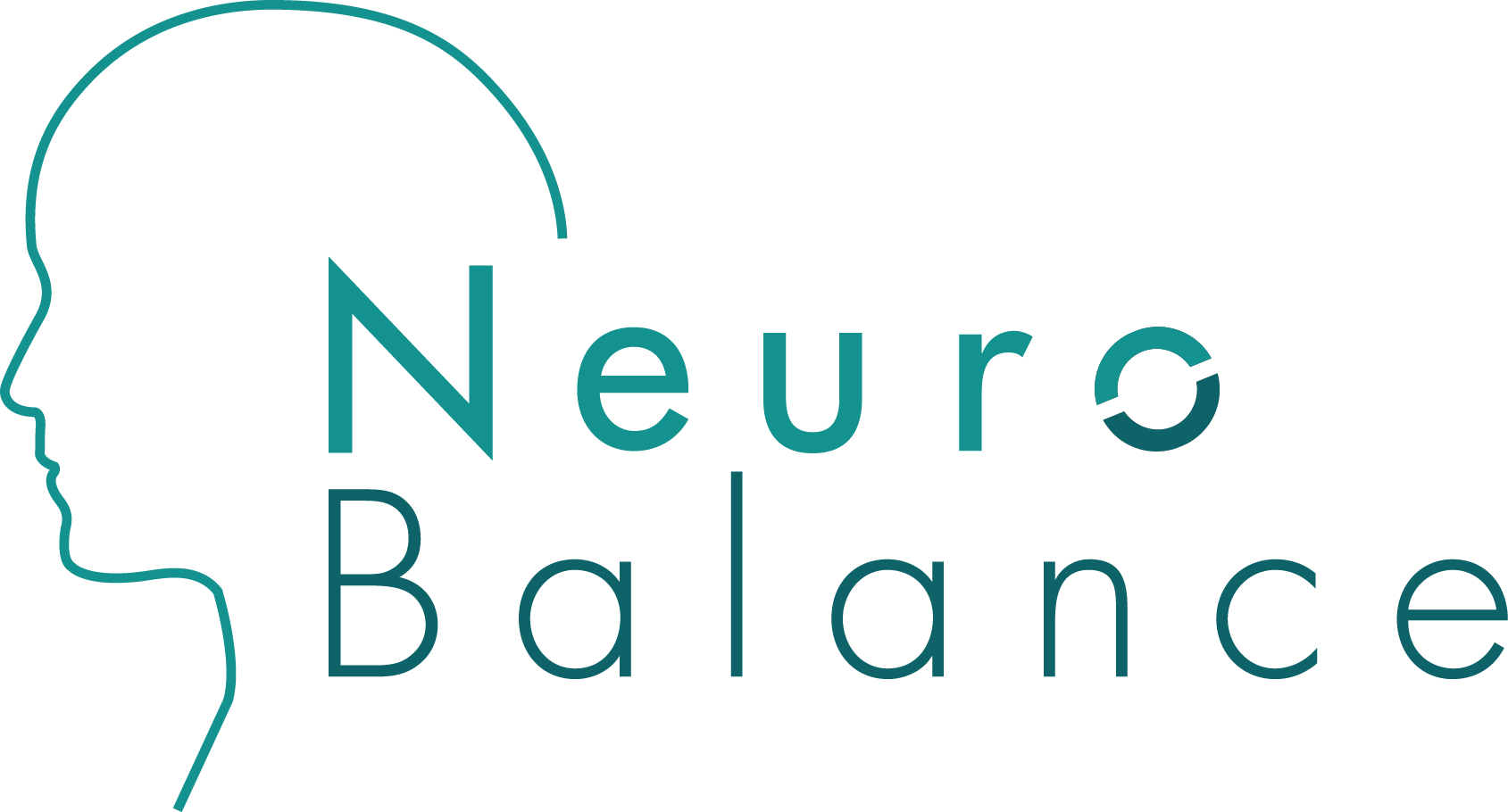The Surprising Impact of Salt on Our Brain: Understanding the Connection
Salt, a humble compound comprised of sodium and chloride, plays a pivotal role in our physical and mental health. While excessive salt intake has been linked to various health issues, including high blood pressure and heart disease, the importance of salt in maintaining optimal brain function and overall wellbeing is often overlooked. In this article, we delve into the fascinating ways salt influences our brain and body, especially when we quit or don't consume enough of it. Drawing on research data, we'll explore the areas of the brain affected by salt intake and provide insights into the delicate balance required for optimal health.
The Essential Role of Salt in Our Body and Brain
Salt is crucial for various bodily functions. It helps maintain fluid balance, is essential for nerve function, and plays a role in muscle contraction. But its impact doesn't stop there; salt also significantly influences our brain health and function.
1. Fluid Balance and Brain Health
Our brains are highly sensitive to changes in fluid and electrolyte levels. Salt intake affects the body's fluid balance, and not consuming enough can lead to dehydration. Even mild dehydration can impact brain function, leading to cognitive decline, memory issues, and a decrease in attention span. The hypothalamus, an area of the brain responsible for regulating thirst and salt balance, signals the body to seek water and salt when levels are low, ensuring that balance is maintained.
2. Cognitive Function and Mood Regulation
Sodium, a key component of salt, plays a crucial role in cognitive functions and mood regulation. Research suggests that sodium levels can influence brain activity, particularly in regions involved in emotional processing, such as the amygdala, and cognitive functions, such as the hippocampus. Low sodium levels (hyponatremia) can lead to symptoms ranging from lethargy and confusion to severe cognitive impairment.
3. The Impact of Salt on Stress and Mental Health
The relationship between salt intake, stress, and mental health is complex. Salt consumption can influence the body's stress response system, including the hypothalamic-pituitary-adrenal (HPA) axis, which regulates our reaction to stress. Adequate salt levels can help in maintaining a balanced mood and reducing stress levels, while insufficient intake may disrupt this balance, leading to increased vulnerability to stress and mood disorders.
Research Data and Findings
A study published in the "Journal of Neuroscience" found that reducing salt intake led to significant changes in brain function, particularly in areas involved in stress regulation and cardiovascular functions. Another study indicated that low sodium levels could exacerbate depressive and anxious behaviors in animal models, suggesting a potential link between salt intake and mental health disorders.
Practical Advice: Finding the Right Balance
The key to benefiting from salt's positive effects on brain health lies in moderation. Here's a list of tips to maintain a healthy salt intake:
Monitor Your Intake: Aim for the recommended daily intake of salt, which is about one teaspoon (or 6 grams) for adults.
Choose Natural Sources: Opt for natural sources of sodium, such as vegetables and unprocessed meats, over processed foods high in salt.
Stay Hydrated: Ensure adequate water intake, especially if your salt consumption is on the higher side, to maintain fluid balance.
Listen to Your Body: Pay attention to signs of both excessive and insufficient salt intake, such as persistent thirst or lethargy, and adjust your diet accordingly.
Conclusion
Salt's influence on our brain and mental health underscores the importance of dietary balance. While excessive salt intake is undoubtedly harmful, moderate consumption is essential for optimal brain function and emotional wellbeing. Understanding the intricate relationship between salt, our brain, and our body empowers us to make informed dietary choices, leading to better health outcomes.
In conclusion, salt is more than just a flavor enhancer; it's a vital nutrient that plays a critical role in our mental and physical health. By navigating the fine line between too much and too little, we can harness the benefits of salt to improve our cognitive function, mood, and overall wellbeing.
-A Balanced Brain is a Better Brain for a Happier Life-
